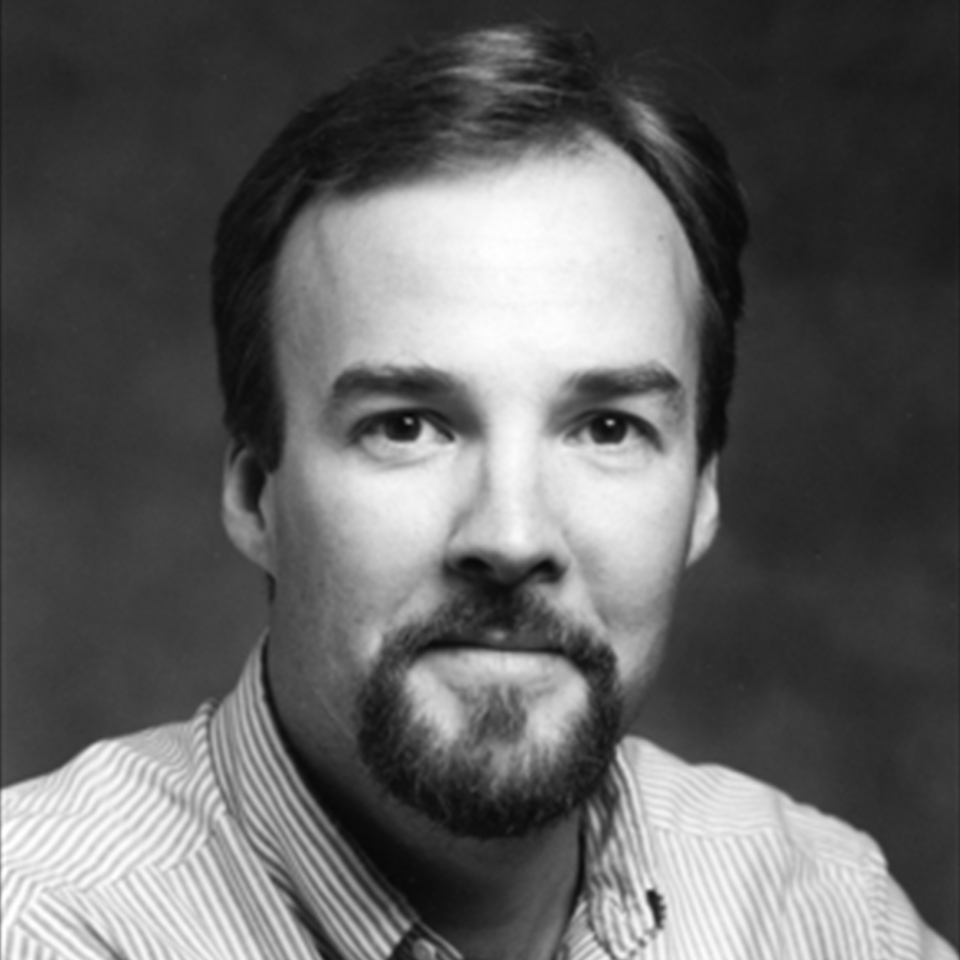January 11, 2024 • Life for Leaders
Scripture — 1 Corinthians 15:17-19 (NIV)
And if Christ has not been raised, your faith is futile; you are still in your sins. Then those also who have fallen asleep in Christ are lost. If only for this life we have hope in Christ, we are of all people most to be pitied.
Focus
Christian hope is both a verb and a noun: something we do, and something we possess. Even more importantly, our hope is a person. Christian hope is not the same as optimism. It does not deny the reality of sorrow, loss, failure, and suffering. Yet hope is rooted in the person and work of Jesus Christ and what was accomplished on the cross. It comes from faith that Christ continues to work in this world, and because of Christ’s work, our own work is not in vain.
Devotion
In yesterday’s devotion I wrote about Christian hope: how it is rooted in the person and promises of Jesus, and is different from worldly optimism based on circumstances. In the midst of a world that so often lacks hope, our lived hope can be evident (and evidence) to those around us—friends, family members, and those we work with or lead—prompting them to ask for the reasons for our hope.
But how do we live with hope? In particular, how do we practice and exhibit hope in a world where circumstances and history often give good reasons for pessimism?
Greek scholars tell us that the word used repeatedly in the New Testament and often translated to the English word hope carries a sense of expectation. (Mark Roberts’s recent Advent series on Romans 8 did a wonderful job exploring Paul’s use of this word. If you missed it or want a refresher, I highly recommend reading through it, especially “Advent for the Children of God” and “Groaning with Hope”. You can find the whole series here.) We find the word used as a verb, suggesting that hope is an action: it is something we do. We find it used as a noun: hope is a characteristic we possess or a condition that describes our being.
We also find the word used in a metaphorical way as a reference to Jesus and the reasons we have for hope. I think this is what Paul was doing in Colossians 1:25-27 which speaks of “the mystery that has been kept hidden for ages and generations, but is now disclosed to the Lord’s people.” The passage goes on to say of the Lord’s people, “To them God has chosen to make known among the Gentiles the glorious riches of this mystery, which is Christ in you, the hope of glory.” According to Paul, our hope is not merely an idea, but a person. Jesus himself—whom Paul refers to as Christ in us—is our hope. And as I noted in yesterday’s devotion, an important part of how we reveal the mystery of Christ to the world is through our hope.
This suggests something paradoxical about hope. Hope both transforms our lives, and is also the result of our spiritual transformation and of the Holy Spirit’s work in us. Hope is both something we practice, and at the same time something that must ultimately come from outside ourselves: from something—or, rather, some one—greater than us. Yesterday I noted that Christian hope does not depend on our circumstances; hope is not the same as optimism. It does not deny the realities of a sinful world. We now add that while hope is something we choose to practice, it does not ultimately depend on ourselves. If our hope were merely something we manufactured on our own—just a feeling we had—it would be empty: nothing more than wishful thinking.
I say this is “paradoxical”, but it isn’t really different from many other aspects of the Christian life. We cannot transform ourselves any more than we can save ourselves. Our spiritual transformation and renewal is the work of the Holy Spirit. And yet we are repeatedly called to participate in that work. God does not force change upon us, but rather invites and allows us to be part of that work.
So it is with hope. Our hope is rooted in the work of Jesus Christ and what was accomplished on the cross. In that way, hope is a great gift. As Paul wrote to the church in Corinth, our faith—and our hope—would be in vain without the resurrection. But it is not in vain. The incarnation and the resurrection are the most important truths of history, and the central reality of our hope. And because of the resurrection, Paul claims to work harder than anybody because he knows his hope is not in vain, and his work is not in vain. And as we practice living out that hope, the Spirit grows it within us.
Anything in this world that we are tempted to put our hope in—technology, a political or economic system, or human goodness—will fail. Loss, sorrow, violence, war, and pestilence are real. Yet in the midst of that, Christ’s work is not in vain. The resurrection is real. And Christ’s promise to return and bring his redemptive plan to completely is true and will not fail. As a result of Christ’s work—especially his work on the cross—we can trust and hope that our own work is not in vain either.
Reflect
What are some of the things that the world places its hope in? How have you seen those false hopes or false reasons for optimism fail?
How does the resurrection give you hope? What difference does it make to you how live? When or how do you think your hope is visible to others?
Act
Do your work this week with the hope and knowledge that, because of the resurrection and the promises of Christ, our labors are not in vain.
Pray
Lord Jesus, all worldly hopes will fail. As wonderful as many human technologies are, they will not save us. No political or economic system will solve the human problem of sin. Our hope is in you. I praise you and trust you knowing that hope will not fail. Amen.
Banner image by Jon Tyson on Unsplash.
Find all Life for Leaders devotions here. Explore what the Bible has to say about work at the unique website of our partners, the Theology of Work Project’s online commentary. Reflection on today’s Life for Leaders theme can be found here: Our Work Is Not in Vain (1 Corinthians 15:58).
Subscribe to Life for Leaders
Sign up to receive a Life for Leaders devotional each day in your inbox. It’s free to subscribe and you can unsubscribe at any time.

Matthew Dickerson’s books include works of spiritual theology and Christian apologetics as well as historical fiction, fantasy literature, explorations of the writings of C.S.Lewis and J.R.R.Tolkien, and books about trout fishing, fly fishing, rivers, and ecology. His recent books include: Disciple Making in a Culture of Power, Comfort, and Fear and The Voices of Rivers: Reflections on Places Wild and Almost Wild. He was a 2017 artist-in-residence at Glacier National Park. He lives in Vermont with his wife, dog, and cat, not far from three married sons, and is an active member of Memorial Baptist Church. Matthew is also a professor of computer science at Middlebury College in Vermont.




